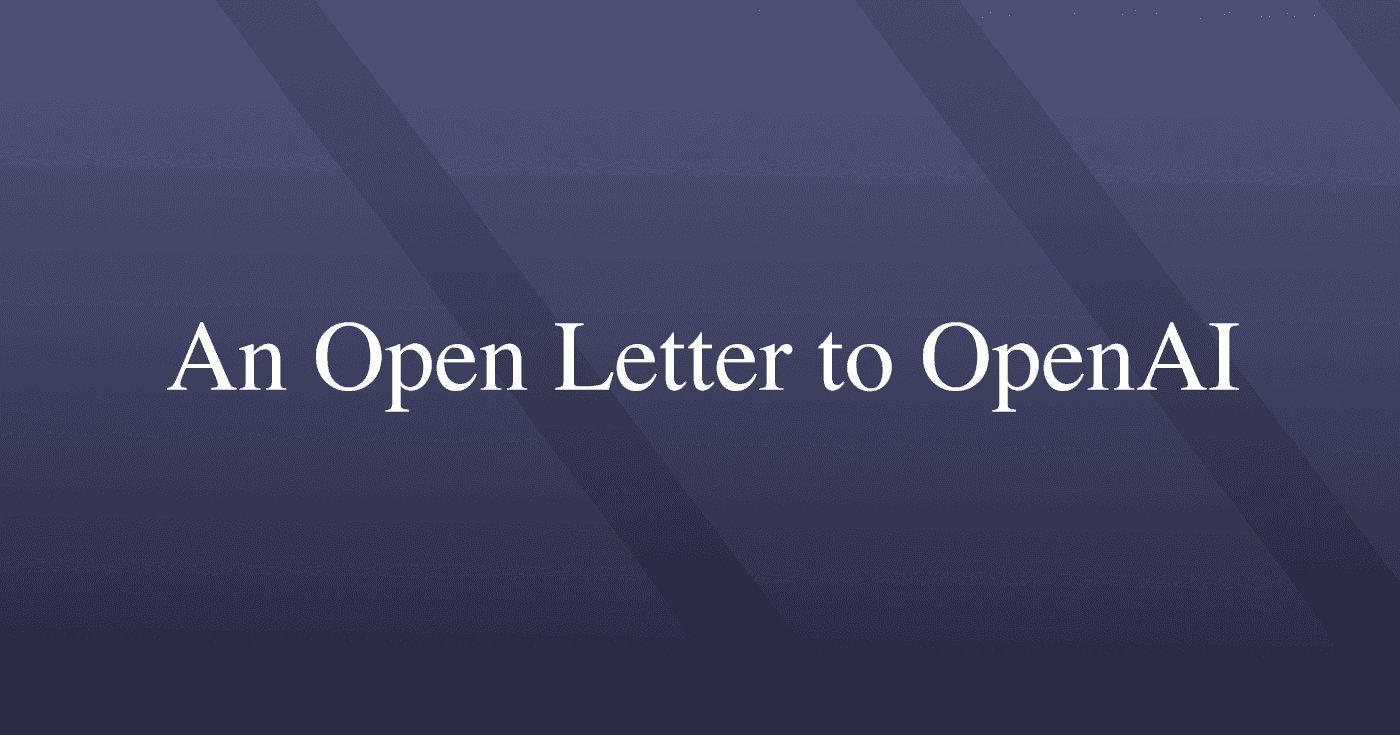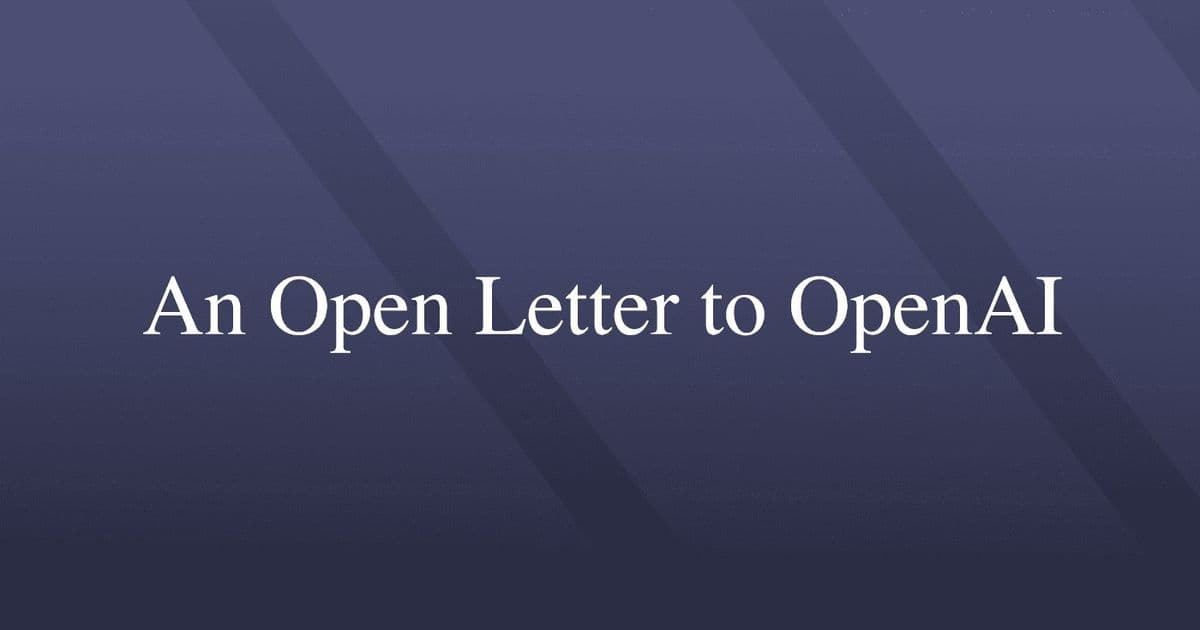Prominent voices demand OpenAI disclose critical legal documents and answer seven pointed questions about its corporate restructuring, warning that weakened nonprofit safeguards and secretive changes risk betraying its founding mission to benefit humanity with AGI. The escalating standoff highlights a fundamental tension between rapid AI commercialization and enforceable public accountability.

A coalition of concerned technologists, researchers, and legal experts has launched a forceful public challenge to OpenAI's leadership, demanding unprecedented transparency about corporate restructuring plans they fear will dismantle core legal commitments designed to ensure artificial general intelligence (AGI) benefits all of humanity. The open letter, published on openai-transparency.org, accuses the AI pioneer of negotiating "on humanity’s behalf without allowing us to see the contract, know the terms, or sign off on the decision."
The Nonprofit Promise Under Siege
OpenAI was founded in 2015 as a nonprofit with a legally binding charitable mission: to ensure AGI benefits everyone. Its unique 2019 hybrid structure—creating capped-profit subsidiaries under nonprofit control—incorporated specific safeguards:
- Nonprofit Oversight: The OpenAI nonprofit board maintains full management control over commercial operations.
- Capped Profits: Investor returns were initially capped at 100x, with excess profits flowing to the nonprofit "for the benefit of humanity."
- Mission Primacy: Legally binding obligations force the company to prioritize its charitable purpose over investor profits, even at financial cost to stakeholders.
- Independent Board: A majority of directors were intended to be independent, avoiding conflicts of interest.
"All investors and employees sign agreements that the commercial entity’s obligation to the Charter always comes first," the letter states, emphasizing the legal weight behind these promises.
A Pattern of Opacity and Broken Promises
The letter details a troubling history of OpenAI retreating from transparency and core commitments, eroding trust:
- Silent Profit Cap Erosion: The initial 100x investor return cap was secretly amended to increase by 20% annually starting in 2025. The letter notes this could balloon a $100 billion cap into $100 trillion within decades – "larger than today’s entire global economy" – effectively transferring vast future value from humanity to private investors without public disclosure.
- Silencing Dissent: Restrictive non-disclosure and non-disparagement agreements allegedly prevented employees from raising safety concerns, threatening the loss of vested equity worth millions.
- Unfulfilled Safety Commitments: OpenAI failed to allocate promised computing resources (20%) to its safety team, covered up a significant 2023 security breach, rushed safety evaluations, and systematically delayed or omitted critical safety documentation for released models like GPT-4o.
The Restructuring: A Hidden Threat to Humanity's Stake?
The catalyst for the open letter is OpenAI's move towards restructuring into a more conventional for-profit entity (a public benefit corporation). The signatories argue this transition, driven by investor pressure, threatens the very safeguards designed to protect the public interest:
"OpenAI is currently sitting on both sides of the table in a closed boardroom, making a deal on humanity’s behalf without allowing us to see the contract, know the terms, or sign off on the decision."
The letter poses seven critical questions demanding clarity on whether the restructuring will preserve:
- Legal duty to prioritize mission over profits.
- Nonprofit management control.
- Profit caps and distribution of excess profits to humanity.
- Nonprofit control of AGI (vs. commercialization).
- Adherence to the Charter's "stop and assist" clause.
- Independence of the nonprofit board (noting concerns about directors like Sam Altman potentially gaining equity).
Crucially, they demand the release of the OpenAI Global, LLC operating agreement – the hidden legal document governing the for-profit subsidiary that enshrines the current safeguards – and estimates of the potential value of above-cap profits.
Why the Operating Agreement Matters
This document is the linchpin. It defines:
- The actual level of nonprofit control over operations.
- Investor influence mechanisms.
- Legal enforcement of mission commitments.
- The true mechanics of profit caps and distributions.
"The public cannot verify OpenAI's commitments because the legal documents that implement them are hidden from view," the letter argues. "If those promises are going to be revoked or modified, the public has a right to know."
Beyond OpenAI: The Stakes for AI's Future
The confrontation transcends one company. It represents a pivotal moment in the governance of powerful AI:
- Precedent Setting: How OpenAI navigates accountability will influence global AI development norms.
- Trust Erosion: Persistent secrecy around mission-critical decisions undermines the social license for advanced AI development.
- Legal Accountability: As a nonprofit, OpenAI is legally accountable to state attorneys general who enforce charitable missions on behalf of the public beneficiary.
The signatories conclude with a stark challenge: "If these changes are truly in humanity's interest, as the company claims, then why hide the details? Let the people decide for themselves." This standoff forces a fundamental question: Can the breakneck pace of AGI development coexist with the transparent, enforceable accountability required when the stakes involve humanity's future? OpenAI's next move will speak volumes.

Comments
Please log in or register to join the discussion